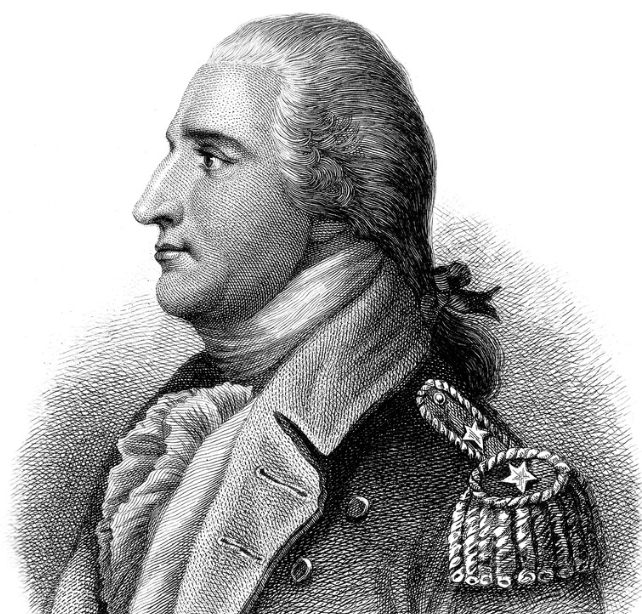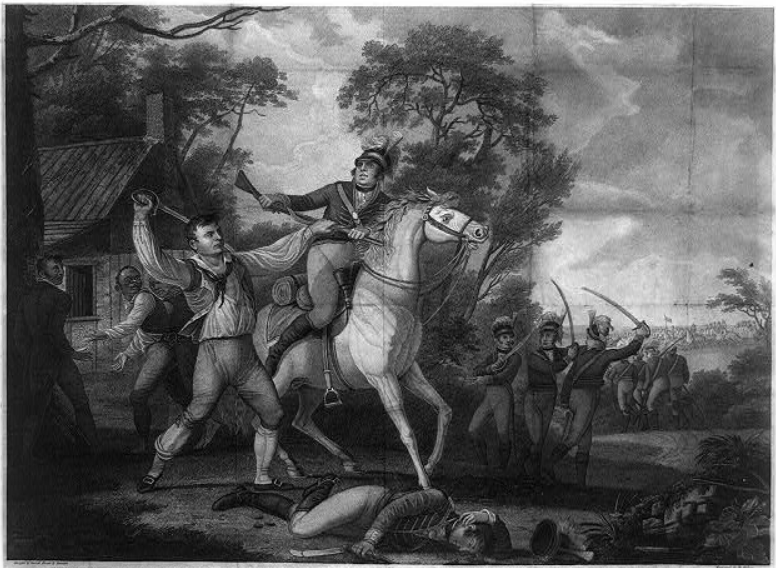Four Days as President - Henry Middleton Informs London of a Boycott
It recently came to my attention that I have yet to write about the Middleton Family of South Carolina. As they were one of the wealthiest families in the colony, their participation in the American Revolution was extremely important.
Today, I remedy this omission. I thought the best person to discuss first would be the patriarch of the clan...Henry Middleton.
Henry Middleton
When the call went out to select delegates for the First Continental Congress, one of the five men chosen by South Carolina was Henry Middleton.
Middleton seems an obvious pick. Not only was he one of the wealthiest men in the colony, but also a moderate when it came to grievances with Parliament.
Furthermore, Henry had decades of experience serving in the Colonial Assembly, with several sessions as Speaker of the House.
First Continental Congress
Middleton attended the First Continental Congress through its duration.
In the last week of Congress, Henry signed the Continental Association. This document called for a boycott of British goods across the Eastern Seaboard and is often considered the first major step toward independence.
After the Continental Association was signed, President of Congress Peyton Randolph left for home. The delegates still had work to do, however, and decided to select a new President...Henry Middleton.
Informing London
Henry Middleton only served as President of Congress for four days in October of 1774.
Though the main work had already been done, the job of the President throughout the American Revolution was mostly ceremonial. The major responsibility was to sign correspondence on behalf of the Congress.
Middleton was president when the Continental Association was sent to the men who represented the separate colonies in London. The letter (which was addressed to the likes of Ben Franklin and Arthur Lee, among others) was autographed by Middleton.
Back and Forth
The letter announcing the Continental Association was Henry Middleton’s great contribution to independence.
Although he returned the following year for the Second Continental Congress, Middleton decided it was time to leave when more radical factions began calling for a permanent separation from the Crown. He was soon replaced by his son, Arthur (who was more extreme and would later sign the Declaration of Independence).
Henry would serve in the State Senate several years later but, after he was captured at Charleston, declared allegiance to the King.
Fortunately, when the Revolutionary War was won the following year, Middleton was not subject to seizure of property as a Loyalist. His community knew that he had associated with the Patriots at the outset and, despite his hesitance toward independence, only renounced his dedication to the United States as an aging man in captivity.
Read about some other Founding from Connecticut here:
William Moultrie Gives South Carolina its Motto…And its Flag
Christopher Gadsden Designs the ‘Don’t Tread on Me’ Flag
Henry Laurens in the Tower of London
There were several men who held the title of President during the American Founding.
‘The First American Republic’ discusses Middleton, as well as the other men, who led the nation before George Washington led the original incarnation of our modern government.
If you’d like a copy you can pick one up through the Amazon affiliate link below (you’ll support this site, but don’t worry, Amazon pays me while your price stays the same).
Want to get fun American Revolution articles straight to your inbox every morning?
Subscribe to my email list here.
You can also support this site on Patreon by clicking here.






